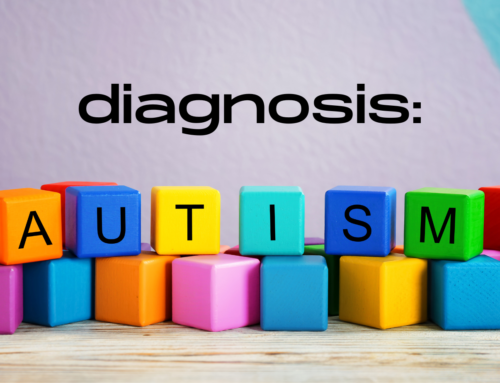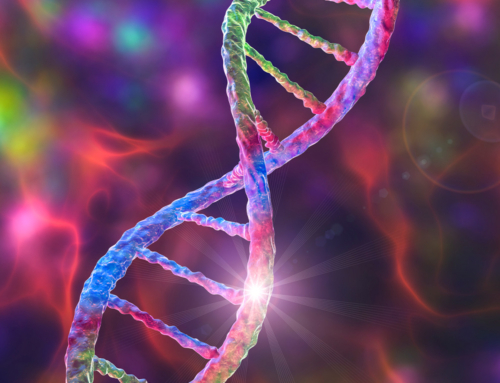In 1990, 6 out of 10,000 children were diagnosed with autism by age 5 in California. In 2001, it was 42 in 10,000 — a 600 per cent spike.
For the past 10 years, Irva Hertz-Picciotto has tried to discover what environmental factors could account for that staggering increase. And she thinks not enough other researchers are trying to do the same.
“From the perspective of funding, a lot more attention has gone to the genetics,” she says.
By comparison, “the amount of money that’s gone towards environmental research is very small.”
Hertz-Picciotto, professor of epidemiology at the UC Davis MIND Institute, presented some of her research at the Geneva Centre for Autism International Symposium in Toronto on Thursday. For the past decade, she has been involved in a major study that followed more than 1,600 California families with children who have autism, other developmental disabilities, or no developmental disabilities at all.
While there are no definitive environmental causes of autism, she and her colleagues have uncovered some intriguing data.
Click HERE to read the whole story at theStar.com






